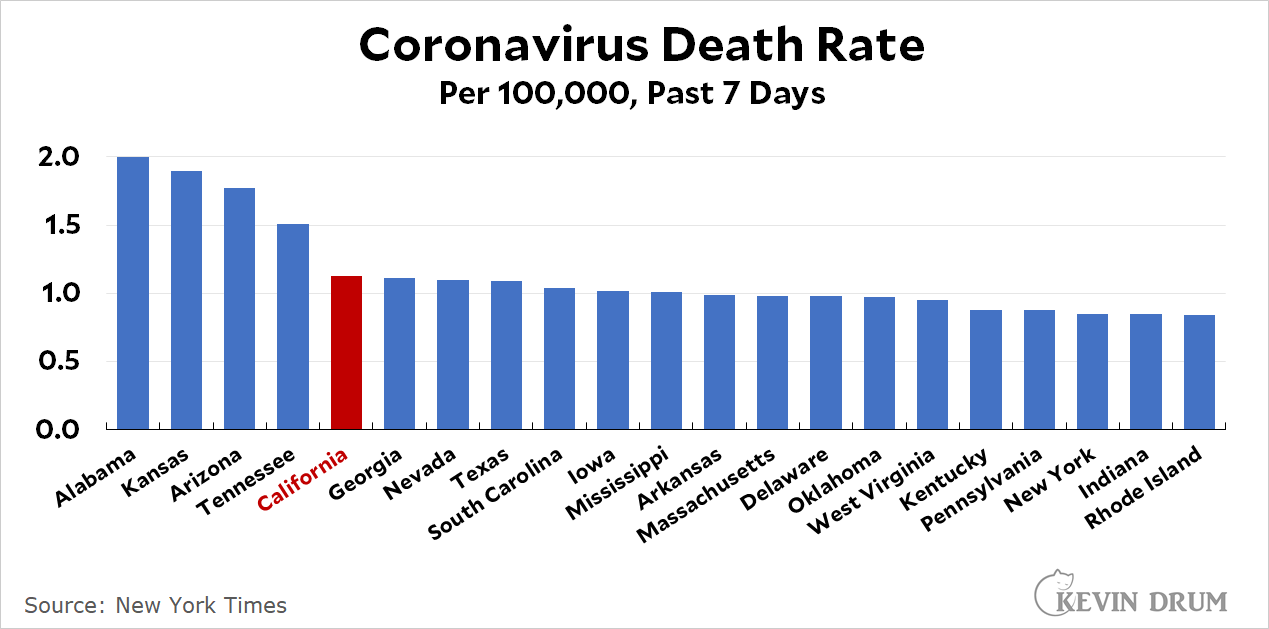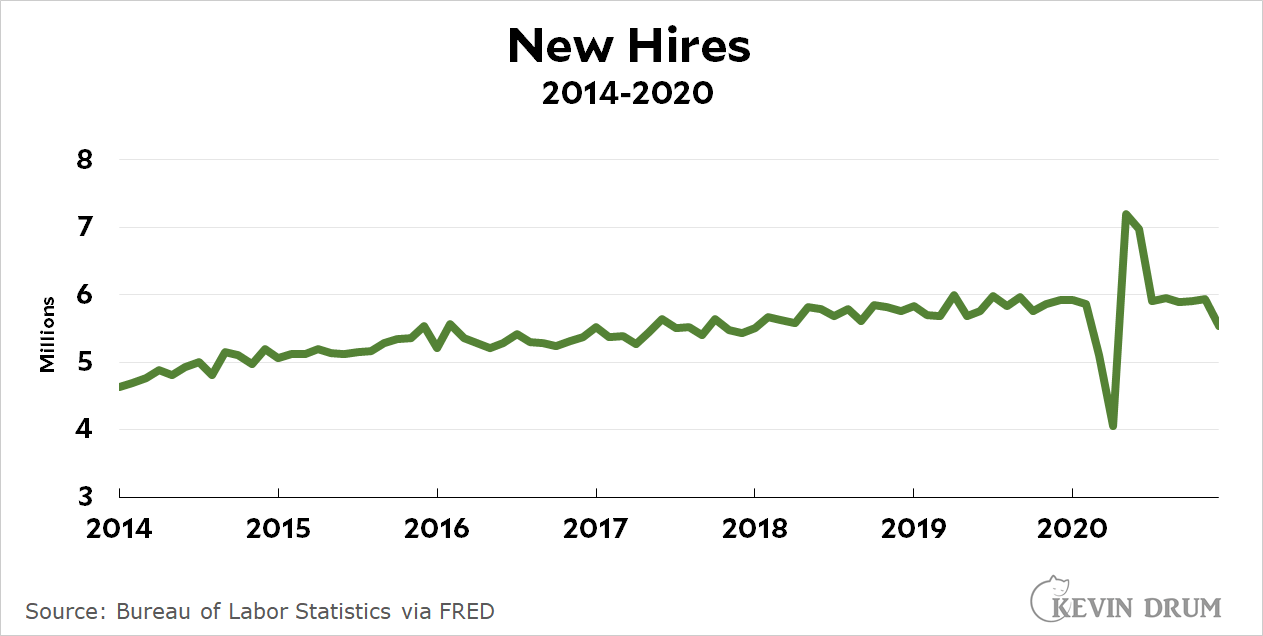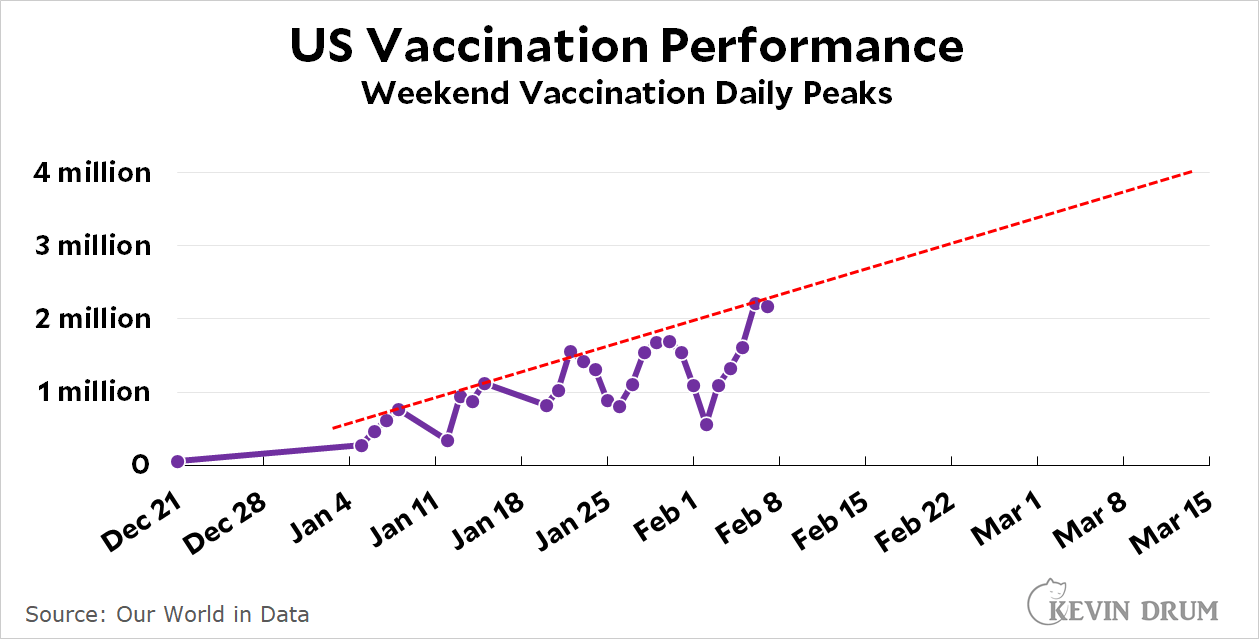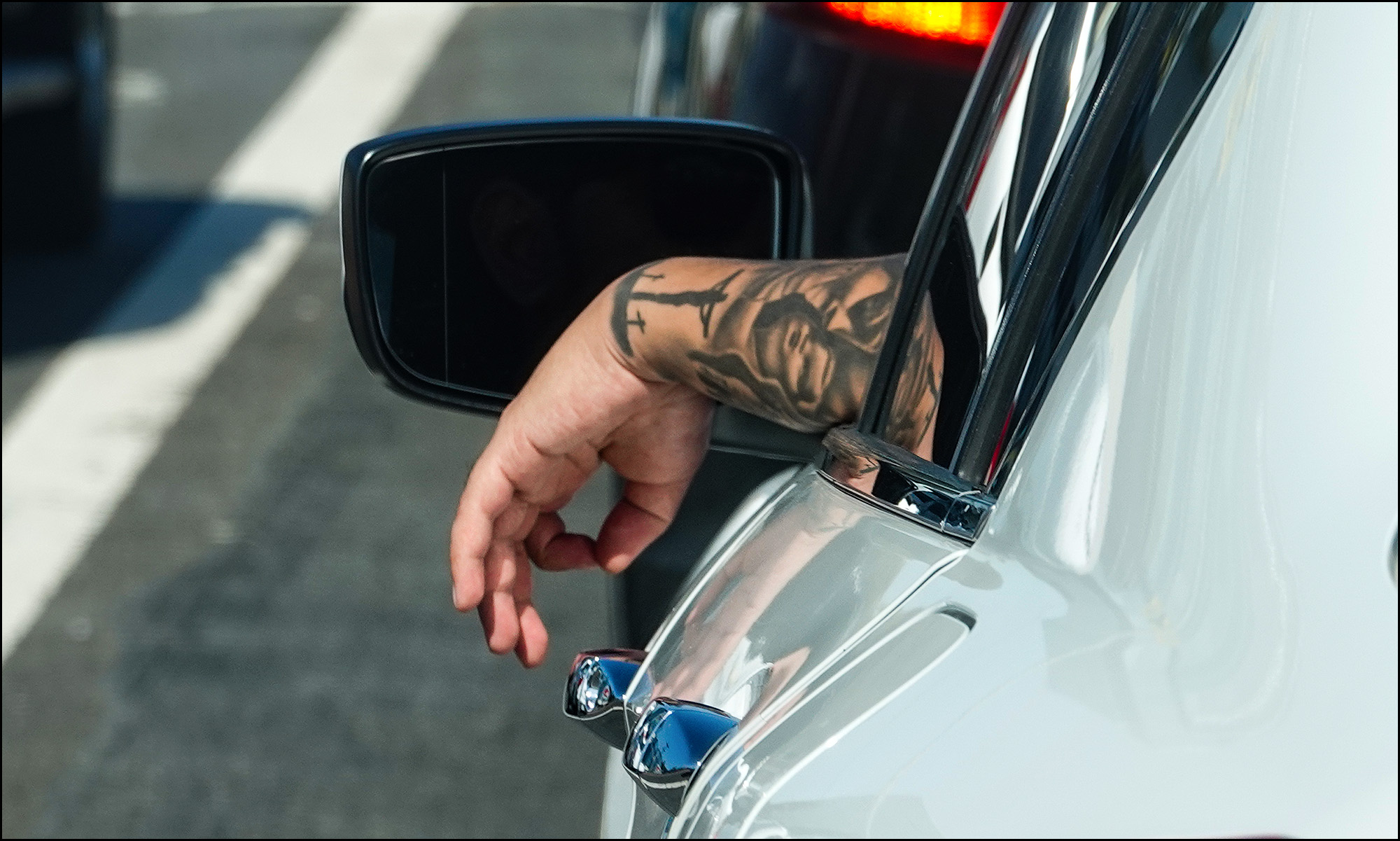This is a mystery bird at the San Diego Zoo. I followed it around and took some pictures, but I never IDed it off one of the signs. Perhaps someone in comments can help us?
UPDATE: It's a Tambourine Dove. Thanks, Steve!

Cats, charts, and politics

This is a mystery bird at the San Diego Zoo. I followed it around and took some pictures, but I never IDed it off one of the signs. Perhaps someone in comments can help us?
UPDATE: It's a Tambourine Dove. Thanks, Steve!

Twitter Inc.’s finance chief said the social-media company has thought about how it might pay employees or vendors using the popular cryptocurrency bitcoin....“We’ve done a lot of the upfront thinking to consider how we might pay employees should they ask to be paid in bitcoin, how we might pay a vendor if they ask to be [paid] in bitcoin and whether we need to have bitcoin on our balance sheet should that happen,” Mr. Segal said.
This is nuts. What if an employee asks to be paid in pork belly futures? What if a vendor wants to be paid in gold nuggets?
The answer, of course, is that Twitter should give them dollars, which they are then free to convert into pork bellies or Krugerrands at their leisure. Ditto for bitcoin, except for the fact that bitcoin is totally awesome so CFOs like to mention it on TV in hopes that some of its awesomeness will rub off on them. Or maybe just to keep their boss the bitcoin fan happy. Or something.

Over at Vox, Sean Illing interviews Lawrence Wright, author of a long and detailed piece in the New Yorker about our response to the coronavirus pandemic. Wright says we did a terrible job and points in particular to three big mistakes. Here they are:
The first of these is basically the fault of China. The other two are the fault of the CDC. None of them are the fault of Donald Trump.
Now, Trump clearly deserves a share of blame on the mask debacle, since he failed to support mask wearing after the CDC finally came around. In fact, it's worse than that. He didn't just fail to do anything, he actively turned masks into a stupid partisan issue:
You can look at the various states and how they reacted to the virus and how the outcomes were different. And you can compare similar states; Kentucky and Tennessee, Alabama and Mississippi, Vermont and South Dakota. In many respects, these were similar states with similar demographics. In one case, the governor imposes strict lockdowns, mask wearing, and so on. In another case, the tap is open. One public health official said, “If the country had behaved like the state of Vermont, we would have 200,000 fewer deaths.” Well, that’s almost half of what we’re talking about. More responsible leadership could have made an immense difference in the suffering and the death that America has endured.
Keep in mind, however, that the decision to lock down a state isn't a federal one. It's inherently a state issue. And the idea that the entire country might have equaled the performance of its single best state is silly. Trump may have bollixed the mask issue and then spent months doing and saying stupid things, but California spent that entire time basically doing everything right and it didn't matter. We did well at first, but our death rate from the coronavirus is currently one of the highest in the nation.
 So how many deaths is Donald Trump responsible for? It's certainly not 200,000. Even 100,000 is probably a huge overestimate. If I had to guess based on what Wright says, I'd say that (a) Trump acted like a buffoon the whole time, (b) he made things worse by spewing stupid theories constantly, (c) he failed to support mask wearing, and (d) in concrete terms, maybe this increased the death rate 5-10%.
So how many deaths is Donald Trump responsible for? It's certainly not 200,000. Even 100,000 is probably a huge overestimate. If I had to guess based on what Wright says, I'd say that (a) Trump acted like a buffoon the whole time, (b) he made things worse by spewing stupid theories constantly, (c) he failed to support mask wearing, and (d) in concrete terms, maybe this increased the death rate 5-10%.
Obviously this is speculative. No one can put a firm number to any of it. But for as much as Trump's public performance was insane, the evidence really doesn't suggest that it was responsible for a massive increase in the COVID-19 mortality rate. That blame mostly goes elsewhere.
Here’s the officially reported coronavirus death toll through February 9. The raw data from Johns Hopkins is here.

Tyler Cowen points today to a new paper suggesting that attractiveness counts for a lot when it comes to being accepted into top economics programs. That got me curious, so I clicked the link. Here's the data:
 As you can see, average folks have a noticeably higher chance of ending up at the worst economics programs, while attractive people have a higher chance of ending up at the very best. The authors say these effects are "not only statistically significant but are also substantial in magnitude."
As you can see, average folks have a noticeably higher chance of ending up at the worst economics programs, while attractive people have a higher chance of ending up at the very best. The authors say these effects are "not only statistically significant but are also substantial in magnitude."
I guess I have no reason to question that, but an eyeball look at the data doesn't really make it look like attractiveness has all that big an effect. Even at the extremes it doesn't look all that large, and in the middle the effect is reversed, with attractive people more likely to go to below-average programs while average people are more likely to go to above-average programs.
Plus I'm suspicious of the big drop in the middle. Why does everyone avoid programs in the #5 and #6 positions?
I dunno. None of the differences are bigger than 1.5 percentage points, and the average difference in each half of the distribution is tiny. This just doesn't strike me as an awfully big deal.

An Israeli company has produced the first 3-D printed ribeye steak, and the Washington Post thinks there's an audience for it:
A survey of more than 1,000 U.S. adults, conducted by MRS research company for agriculture company Proagrica, showed that 39 percent of American consumers have considered going vegetarian or vegan since the pandemic began. Health concerns, climate change and animal welfare are drivers.
Hmmm. A poll from Proagrica. Got anything better? Here is Plant Based News:
More than half (60 percent) of Americans have started eating a more plant-based diet since the COVID-19 pandemic began, according to a new poll. The survey, which polled 2,000 adults, was conducted by market research firm OnePoll and by Eat Just, Inc – a food tech company best known for its plant-based JUST Egg product made from mung beans – ahead of Better Breakfast Month (September).
This is from Eat Just Inc., which makes mung-bean egg products. And that's all I could find after an exhausting two minutes of googling.
I officially declare this a worthless factoid. About 6% of Americans are vegetarians, and I imagine that there's always some huge share of meat eaters who are considering switching. Just like there are tons of Americans who are considering losing weight, or looking for a new job, or finally getting their act together and fixing that squeaky doorknob. In other words, none to speak of.
I didn't expect anything new from the release of JOLTS data today, so I didn't bother to look at it until after lunch. Most of the readings were unexceptional, but there was one that showed a big drop:
 Job openings didn't change much in December. Quits didn't change much. Layoffs didn't change much. But new hires dropped by 400,000. With the exception of the spikes during the first few months of the pandemic, this is the biggest drop in the past seven years. The declines were almost entirely due to big drops in the leisure, food services, and recreation industries.
Job openings didn't change much in December. Quits didn't change much. Layoffs didn't change much. But new hires dropped by 400,000. With the exception of the spikes during the first few months of the pandemic, this is the biggest drop in the past seven years. The declines were almost entirely due to big drops in the leisure, food services, and recreation industries.
I'm not sure what this means. Maybe nothing. But it seems a bit peculiar.
There are usually lots of different ways of looking at data. That's part of what makes it fun. In the US, for example, COVID-19 vaccinations peak on weekends for obvious reasons, which makes weekend vaccination rates a useful gauge of what our infrastructure is capable of. So here it is:

As you can see, our weekend vaccination peaks have been steadily rising by about 300,000 each week. In our most recent weekend we vaccinated more than 2 million people each day. If we keep it up—and vaccine supplies hold up—we could reach peak days of 4 million by the middle of March.
POSTSCRIPT: Interestingly, the peak vaccination day for the world as a whole is Wednesday. Does anyone have an explanation for this?
I took this picture accidentally. I was stopped at a red light and snapped the shutter just to make sure my settings were all correct. I only knew what I had gotten when I got home and looked at it.
I'm not especially expert on the meaning of modern hand signals and tats. So what's going on here? Anything?

Rep. Jamie Raskin kicked off the Donald Trump impeachment trial by railing against the "January exception" implied by the Republican argument that Trump can't be tried after he's left office. As Raskin says, this would implicitly mean that presidents can do anything they want during their last month in office and face no risk of punishment.
Rep. Joe Neguse is now following up on this, arguing that a "January exception" would allow any official to resign in order to avoid facing impeachment.
I believe that "January exception" will be the Democratic meme for the day. It's a smart move. I don't know what kind of technical legal force it has, but it's definitely the argument most easily understood by ordinary people.